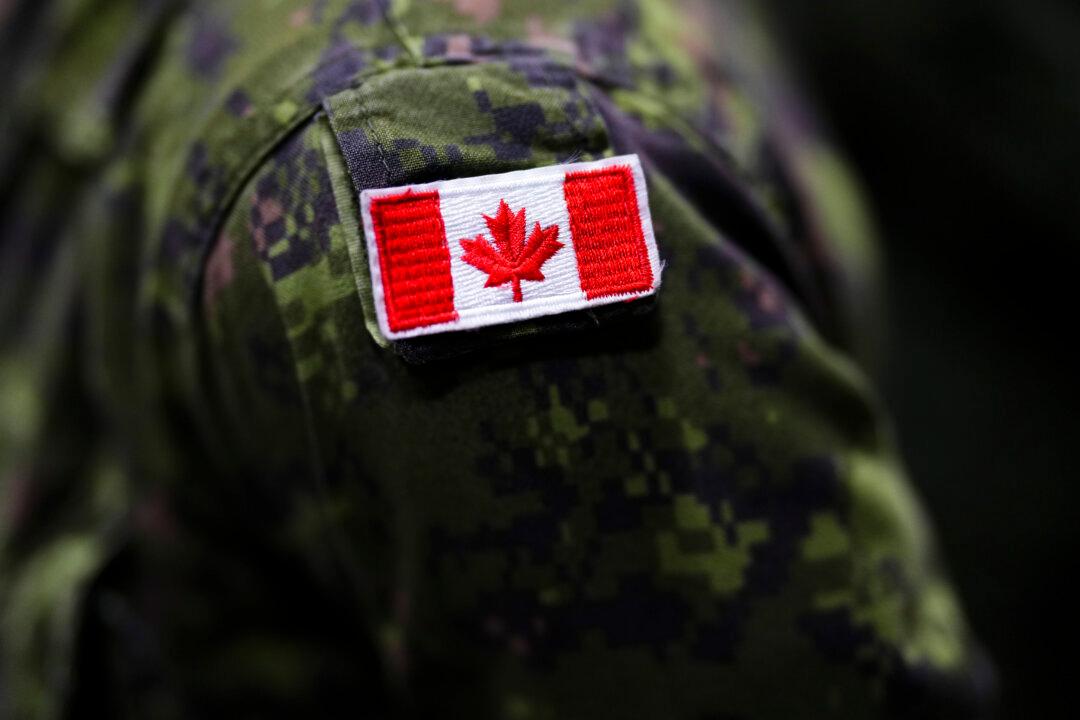OTTAWA—Cutting corners to avoid arresting a Chinese executive at the request of the Americans simply was not an option to keep Canada out of a difficult political situation, Foreign Affairs Minister Chrystia Freeland said on Dec. 17.
In an interview with The Canadian Press, Freeland said that type of tactic would erode Canada’s commitment to the rule of law at a time when it is under threat across the globe.





